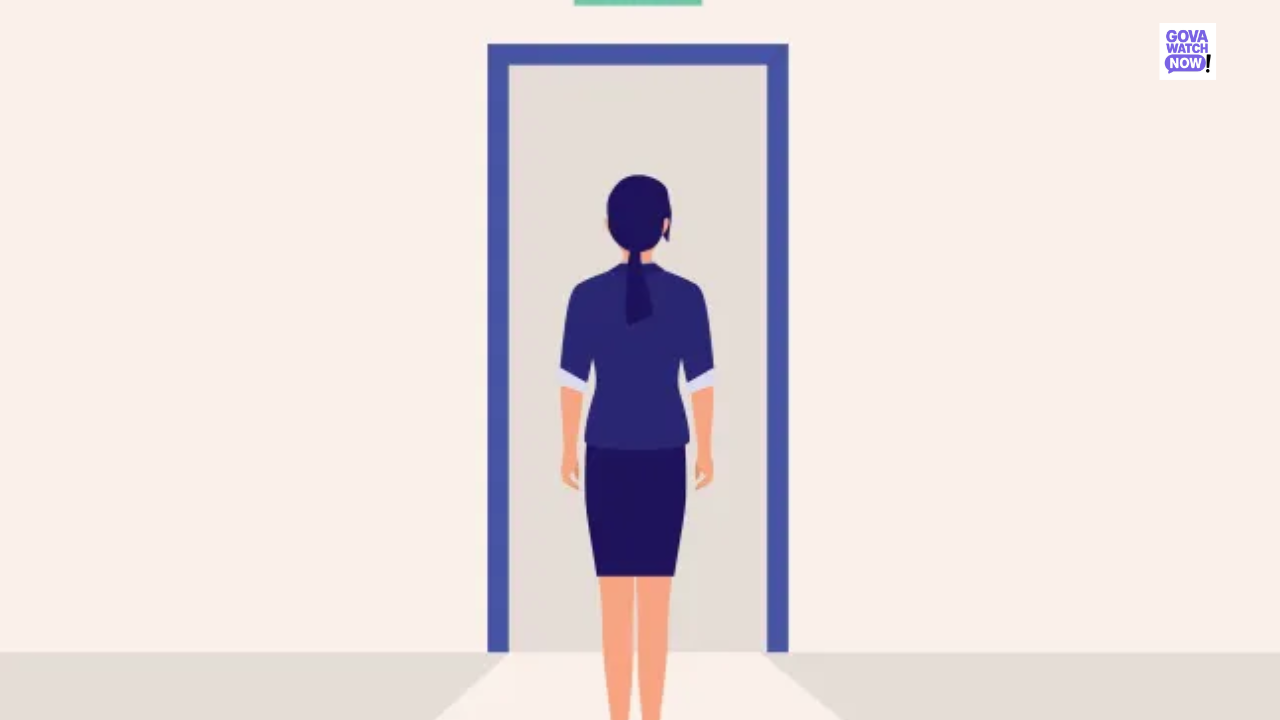Deciding when to resign from a job is rarely easy, and there often isn’t a perfect moment that presents itself with total clarity. Instead, it’s usually a gradual realization, a quiet sense that the role you’re in no longer serves your growth, well-being, or goals. For many people, the decision builds slowly, as feelings of burnout, dissatisfaction, or misalignment begin to outweigh the reasons to stay. In that sense, the “right” time to resign is deeply personal and often shaped by a mix of emotional, professional, and practical factors.
For some, the internal signs come first. Maybe you’ve stopped feeling challenged or fulfilled. Perhaps you’re dreading Monday mornings more than usual, or your motivation has started to fade despite your best efforts. When your job starts to chip away at your confidence or affect your health, it’s a signal worth listening to. No position is worth sacrificing your well-being for, especially if it leaves you mentally or emotionally drained every day. Taking stock of how your job makes you feel can offer powerful insight into whether it’s time to move on.
On the flip side, practical considerations play a big role too. Do you have another opportunity lined up? Are your finances stable enough to handle a transition? Quitting on principle feels empowering, but it’s important to ensure you’re not putting yourself in a vulnerable position. Preparing yourself, financially and mentally- can make a big difference in how confident you feel once the decision is made. Planning your exit, rather than rushing it, often leads to a more positive outcome.
There’s also the matter of timing within the workplace. You might feel obligated to stay until a major project wraps up or a team change is complete. While loyalty and professionalism are admirable, they shouldn’t be used against your best interests. There’s a balance to be struck between supporting your team and honoring your own needs.
Ultimately, the “right” time to resign is when the scales tip toward personal clarity. It might not be perfect, but if you know deep down that you’re ready to grow in a new direction, then staying too long can become more damaging than leaping. Trusting yourself is the first step toward a future that fits better with your values, your goals, and your happiness.




